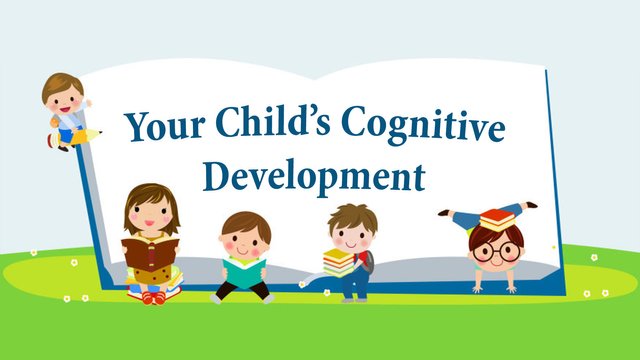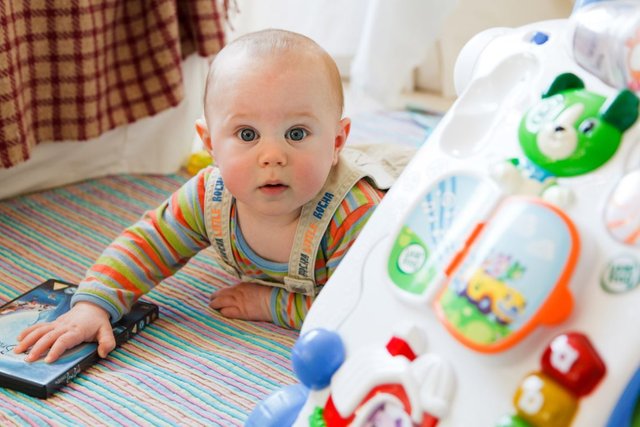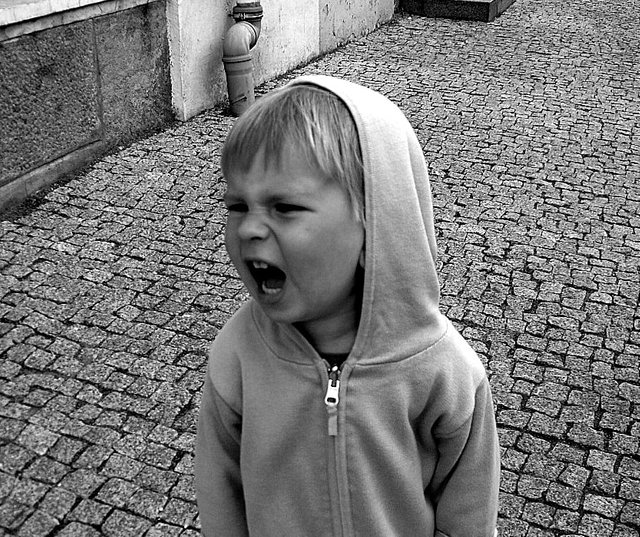Your Child’s Cognitive Development

It’s Amazing To Watch Our Children Grow. One Day They Struggle With Some Concepts, But Before You Know It They Master It.
PIAGET’S THEORY OF THE COGNITIVE DEVELOPMENT
So why is that? What is happening “under the hood”? Let’s explore the most influential theory of cognitive development — that of Swiss psychologist Jean Piaget.
According to this theory, as we grow, we go through the four distinct stages of cognitive development which build upon each other. Each stage is marked by a big shift in a way children see the world around them. They are not passive in this process, they are active learners, always modifying what they already know about the world — their schemas.
Learning happens through two processes: accommodation and assimilation.
Assimilation happens when we take some new information, like “mango is a fruit” into our existing schema (the concept of fruit).
Accommodation, on the other hand, is when we receive some new information that is inconsistent with what we already know, so we change our schema to fit it. For example, if we know that fruit grows on the trees, but then we find out that watermelon is a fruit, we must change our idea (schema) of what means to be fruit.
What to expect from your child at every stage?
1) Sensorimotor Stage (age 0–2 years)
Characterized by rapid development and learning. After leaving the safety of mother’s womb, the child finds himself in this strange new place that we call the world. With the innate curiosity of every human being, he starts to explore and experiment.

In this stage, child primarily learns with his senses, by touching, sucking,feeling, hearing and seeing. That’s why it’s important to provide a stimulating environment — different textures he can feel, colors, sounds and interesting stimuli in general.
Another big component of this stage is rapid motor development. In this stage, a child will go from the helpless newborn to a walking, running, grabbing toddler. With a bigger range of movement, the child is able to experience more different sensations and this circular process is a base for all further learning.
2) Preoperational Stage (age 2–7 years)
Characterized by child’s use of language. They become proficient in the use of verbal language — but in a very concrete way. In this phase, your child has a mostly egocentric view of the world and it’s hard for him to see things from other people’s perspective.
You can also expect testing parent’s limits, defiance, and everyone’s favorite tantrums at the wrong place and time. Don’t worry, it’s normal and it will pass. Just remember to stay firm and don’t give in to the child because that’s how he learns to postpone his wishes.

In this stage, children begin to think symbolically and learn to use words and pictures to represent objects. That’s why telling stories is a great way to teach your child new concepts. Also, at this stage, your child’s brain is biologically set to keep loads of information and this is the best time for a child to start learning new skills.
3) Concrete Operational Stage (age 7–12 years)
In this stage, children begin to think more logically about concrete events. They begin to use inductive logic or reasoning from specific information to a general principle. In this stage, they also begin to understand that their thoughts are unique to them and that everyone doesn’t necessarily share their thoughts, feelings, and opinions.

While it’s good to encourage a child in the preoperational stage to try as many different things, in the concrete operational stage is good to encourage a child to “specialize” in activities he really enjoys doing. Just be careful not to insist on things you want your child to do but he doesn’t like them (example: you want your child to play the violin and he hates to play it) because that can be counterproductive in long term.
4) Formal Operational Stage (age 12 — through life)
At this stage, the adolescent or young adult (not a child anymore) begins to think abstractly and reason about hypothetical problems. An adolescent is capable of systematically planning for the future and to reason about hypothetical situations. Also, they become capable of seeing multiple potential solutions to problems and think more scientifically about the world around them.

This stage is also a final exam in parenting for every parent. Adolescents in this stage became rebellious, defiant, mischievous and manipulative. That’s mostly because they are trying to answer the question “who am I?” and become independent. They still need your help and guidance very much, but don’t tell them what to do, instead help them to come to that answer on their own.
From parent’s perspective, the function of this stage is that we don’t miss them that much when they finally leave us and start they own life I guess…
So this is your child development in a nutshell so you can better understand what is happening and how to best approach future challenges. For more readings, you can visit:
https://en.wikipedia.org/wiki/Child_development_stages
https://www.verywell.com/piagets-stages-of-cognitive-development-2795457
Originally published at https://www.stemlittleexplorers.com/en/child-cognitive-development/ on June 2, 2018.